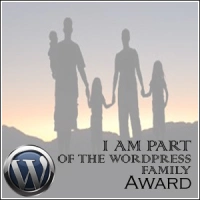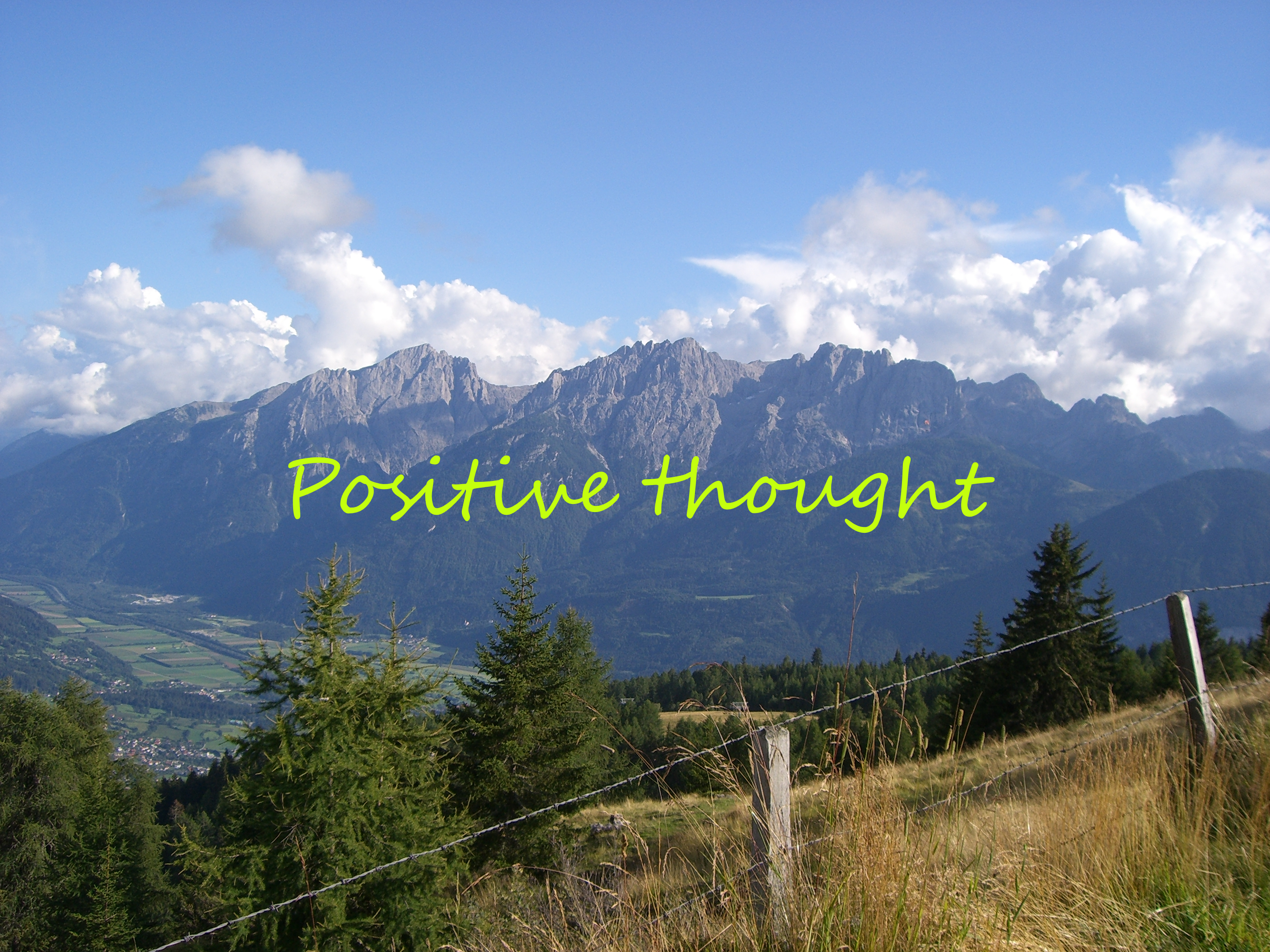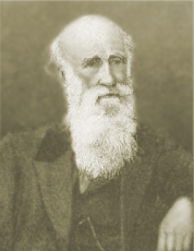A poll conducted in the first half of May by Ipsos-MORI on behalf of The Economist shows that the public’s concern about crime has fallen to its lowest level in over 20 years.
Just 11% of those surveyed mention this issue, a fall of 4 percentage points since last month.
Regularly throughout 2005-2008 crime and the combined categories of race and immigration alternated as the most important issues facing the country, but apprehension about crime has fallen steadily since.
It will be interesting to see whether the salience of crime rises following the recent terrorism in Woolwich, the first death from terrorism on the British mainland since the bus and Tube attacks of July 2005.
Britain has been primed for crime to soar since the financial crisis struck in 2007. Conventional wisdom (plus a study by the Home Office in 1990) says that when times are tough, people steal more stuff. The police are facing swingeing budget cuts. The population is rising, especially in cities, where crime is most common. The number of men aged 15 to 24—the population most likely to offend—rose from 3.7m in 2001 to 4.2m in 2011. Youth unemployment has almost doubled since 2001; over a fifth of 16- to 24-year-olds are jobless.

Conventional wisdom (plus a study by the Home Office in 1990) says that when times are tough, people steal more stuff, but crime does not become higher, but decreases.
And yet crime continues stubbornly to fall. Over the past 20 years it has halved in England and Wales. It is down across the West but in Britain starkly so. In America robbery and property crime have ticked up. In England and Wales crime has decreased by 8% in a single year. Vandalism is down by 14% and burglaries and vehicle crime by 11%. The murder rate is at its lowest since 1978; last year just 540 people were killed. Some less serious offences are vanishing too; antisocial behaviour has fallen from just under 4m incidents in 2007-08 to 2.4m.
Only a few crimes buck the trend. The police recorded 6% more incidents of pickpocketing in the last year, continuing a trend that began in 2008-09. The number of rapes recorded has risen, too. But that may be a good sign, because it could suggest that rape—historically a grossly under-recorded crime—is being reported to the police more often.
Compiled by the Institute for Economics and Peace, a think-tank, the index rates 343 local authorities in Britain on their peacefulness by aggregating five indicators: homicide rate; violent crime rate; public order offences; weapons crime; and the number of police officers. These are weighted to give a score from 1 (most peaceful) to 5 (most violent). As the map shows, poorer boroughs in London are the most violent places in England and Wales. Glasgow is the most violent place in Scotland, but also the most violent city overall. The most peaceful places in Scotland (Orkney), England and Wales (Broadland) and Northern Ireland (Castlereagh) are fairly rural and well-heeled.

Read more: The Economist/Ipsos-MORI issues index
Down these not-so-mean streets
Text from the quality weekly: The Economist, which offers authoritative insight and opinion on international news, politics, business, finance, science and technology.
+++
Related articles
- UK ‘becoming more peaceful’ after experiencing largest fall in violent crime in Europe in last decade (metro.co.uk)
The UK has experienced the largest drop in violent crime out of any European country in the last decade.In the last ten years rates of violence in Britain have fallen by 11 per cent, according to the UK Peace Index, which showed that fear of crime in the country was greater than the reality.
+‘While the increased level of peace cannot be narrowed down to any single factor, the findings of the UK Peace Index show that poverty and economic opportunity are significantly associated with peace as supported by other international studies including the US Peace Index. This suggests greater emphasis needs to be placed on programmes that tackle poverty and related issues such as access to education and economic opportunity.’
- East Anglia: Mid Suffolk ranked as one of the most peaceful places to live in the country while Ipswich is one of the most violent (eadt.co.uk)
Only Manchester, Birmingham, Wolverhampton and a host of inner London boroughs were deemed more violent than Ipswich in the report, dubbed the UK Peace Index. The findings come just a day after Suffolk Police published a report showing crime figures had fallen for the seventh consecutive year in the county. - Voters choose Cameron for economy, immigration and crime (standard.co.uk)
New research by Ipsos MORI found the Tory leader is far ahead on the economy, which research shows is the issue the public regards as paramount.He is also ahead on immigration and crime, the third and fifth most salient issues on Ipsos MORI’s issues index.
- Crime ‘falls in England and Wales’ (bbc.co.uk)
All the main categories, including violent and sex crimes, were down. However pickpocketing rose by 8%, the Office for National Statistics said.Its researchers suggested this rise was due to young people in London being targeted for their smartphones.
+Sceptics say police are cooking the books, “no-crimeing” offences that should be recorded, or re-classifying crimes to hide increases. But the evidence suggests that if this does happen, it’s having only a marginal effect. Look at the substantial, steady drop in the number of killings and murders, 552 last year – these figures can’t be fiddled.
Besides, the decline is mirrored by the official Crime Survey of England and Wales, which is based on people’s experience of crime and includes offences which aren’t reported; it indicates that offending is at its lowest level since the survey began in 1981.
+UK Peace Index highlights rate of fall in violent crime
BBC home editor Mark Easton called it the “riddle of peacefulness” and said the fall in violence was “perhaps a symptom of a new morality”.
“We are less tolerant of violence in all forms,” our correspondent added.
+All five of the least peaceful local authority areas were London boroughs – the others being Lambeth, Hackney, Newham and Tower Hamlets.
Mark Easton said that while Lewisham, an area scarred by gang violence, was found to be the least peaceful area, overall the capital was markedly more peaceful than it was 10 years ago, with some of the biggest drops in some types of violent crime.
- The riddle of peacefulness (bbc.co.uk)
“there is no commonly accepted explanation by criminologists for the fall in violence in many of the world’s regions including the US, Western Europe, Eastern and Central Europe, as well as the UK”.It goes on to admit that “many of the more common theories” refuse to stand up to scrutiny. The global financial crisis has seen many countries suffer severely in economic terms and yet levels of peacefulness have increased. The idea that violent crime goes up when the economy goes down is not backed by the evidence.Do more police officers mean fewer acts of violence? “The result is seemingly counterintuitive,” admits the peace index report. The correlation between policing levels and violent crime in the UK is “very weak”, it concludes.
- More than 10,000 violent crime cases escaped conviction in England and Wales last year (independent.co.uk)
More than 10,000 people who committed a serious violent crime last year were let off without a formal conviction, new figures show.The offenders were instead dealt with by ‘community resolutions’, which range from apologies to offers of compensation.
The figures are based on Freedom of Information requests obtained from police forces in England and Wales by the Labour party.
+
“Offenders who admit to serious and violent crimes – including knife crime, domestic violence, and serious assault – are increasingly being let off with no criminal record, no justice, and not even a caution. That’s bad for justice, bad for victims, and goes against all the evidence.”
+“Many victims of crime tell us that they feel the criminal justice system and courts take over and they are left out, but meeting the offender can bring a degree of closure and help them to move on with their lives.
“Going through a restorative justice meeting has also been proven to have more impact on an offender than a prison sentence or a court punishment alone, as they see the consequences of their actions and so want to make changes in their future behaviour.
- Crime is falling. Now let’s reduce fear of crime | Ally Fogg (guardian.co.uk)
Can anything be done to reduce fear of crime? It won’t be easy. Psychology has taught us how cognitive biases skew our perceptions of risk. Neurologists explain that we have evolved physiological and emotional mechanisms to identify and avoid physical danger, which operate far more quickly and effectively than any conscious rationalisations. Newspaper editors and broadcasters have always known what sells their products and rule No 1 in the book is this: if it bleeds, it leads. Charities and campaigners have little incentive to report good news and progress made. Those who would stoke unease about immigration and community cohesion have always found fertile ground in fear of crime. Politicians realise there are very few votes to be won in calm reassurance that things are, in one respect at least, improving. The prevailing mood is always that the world is going to hell in a handcart, and woe betide any political candidate who suggests otherwise.All in all, just about the only people who have nothing to gain from disproportionate anxiety are those who experience it. Acknowledging the truth may be difficult for some but the alternative is to live with needless stress and ill health, to wilfully accept a narrative that corrodes communities, degrades our society, and propagates racism, class prejudice and fear.































 Biblestudents – Bijbelstudenten
Biblestudents – Bijbelstudenten 0 + Bloggers for Peace
0 + Bloggers for Peace Free Christadelphian Ecclesia
Free Christadelphian Ecclesia Hoop tot Leven – Redding in Christus
Hoop tot Leven – Redding in Christus Vrije Broeders in Christus (Free Flemish Christadelphians on Wordpress)
Vrije Broeders in Christus (Free Flemish Christadelphians on Wordpress)















Pingback: Nieuwkomers, nieuwelingen, immigranten, allochtonen en import | Marcus' s Space
Pingback: Stand Up | Stepping Toes
Pingback: Subcutaneous power for humanity 5 Loneliness, Virtual and real friends | Marcus' s Space
Pingback: Inequality, Injustice, Sustainability and the Free World Charter | Marcus' s Space
Pingback: Evangelisation, local preaching opposite overseas evangelism | Free Christadelphians: Belgian Ecclesia Brussel - Leuven
Pingback: A world with or without religion | Stepping Toes
Pingback: Forms of slavery, human trafficking and disrespectful attitude to creation to be changed | Marcus Ampe's Space
Pingback: Vatican against Opponents of immigration | Marcus Ampe's Space
Pingback: The first question: Why do we live | QuestionTime – Vragenuurtje
Pingback: The first question: Why do we live – Questiontime – Vragenuurtje
Pingback: My Multi-Cultural Childhood Could be the Answer to Racism & Xenophobia | From guestwriters
Pingback: Even in the so-called freeworld countries racism exist | From guestwriters
Pingback: Institutional Racism | From guestwriters
Pingback: Grounded | From guestwriters
Pingback: Dividing walls of “race” | Stepping Toes
Pingback: Overpopulation not the cause of overusing our earth – Some View on the World